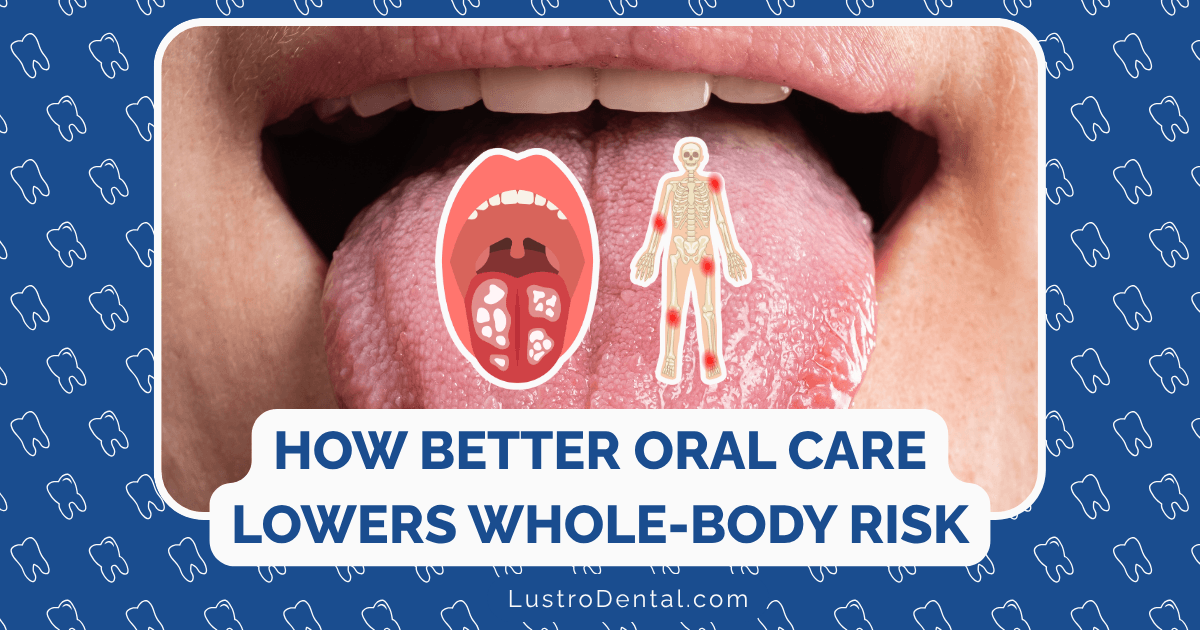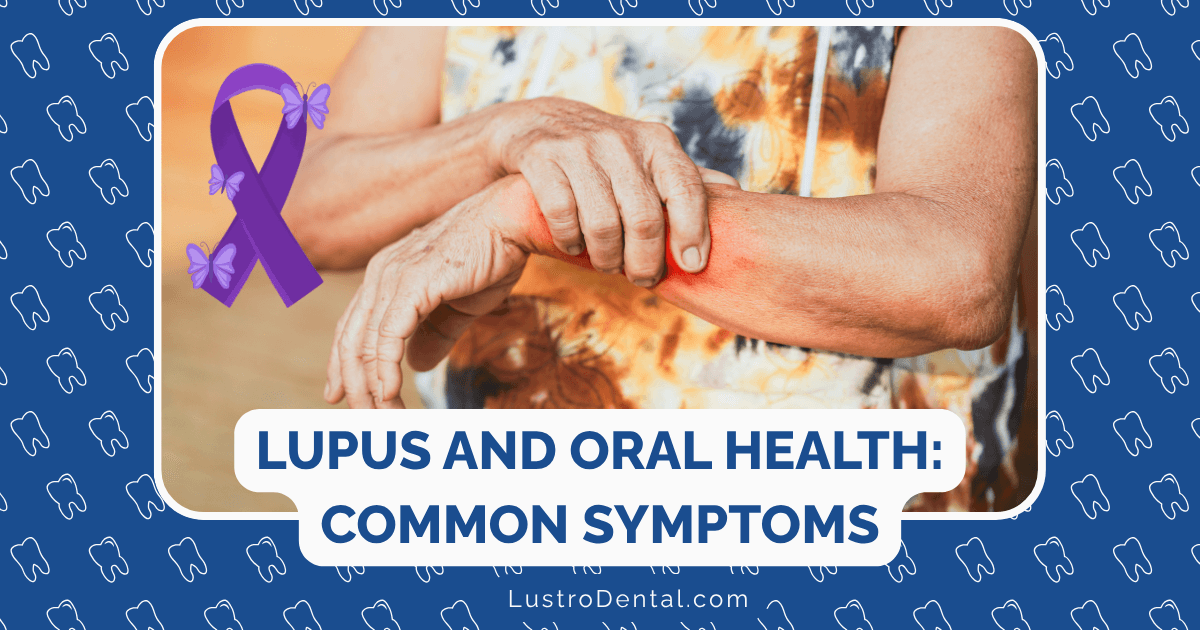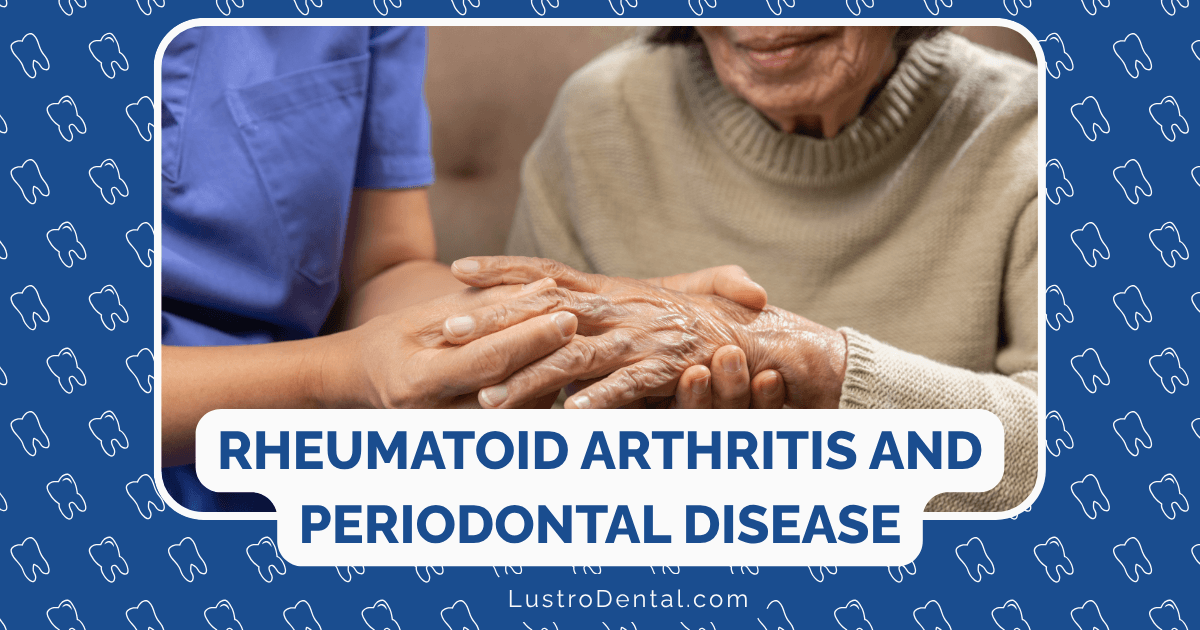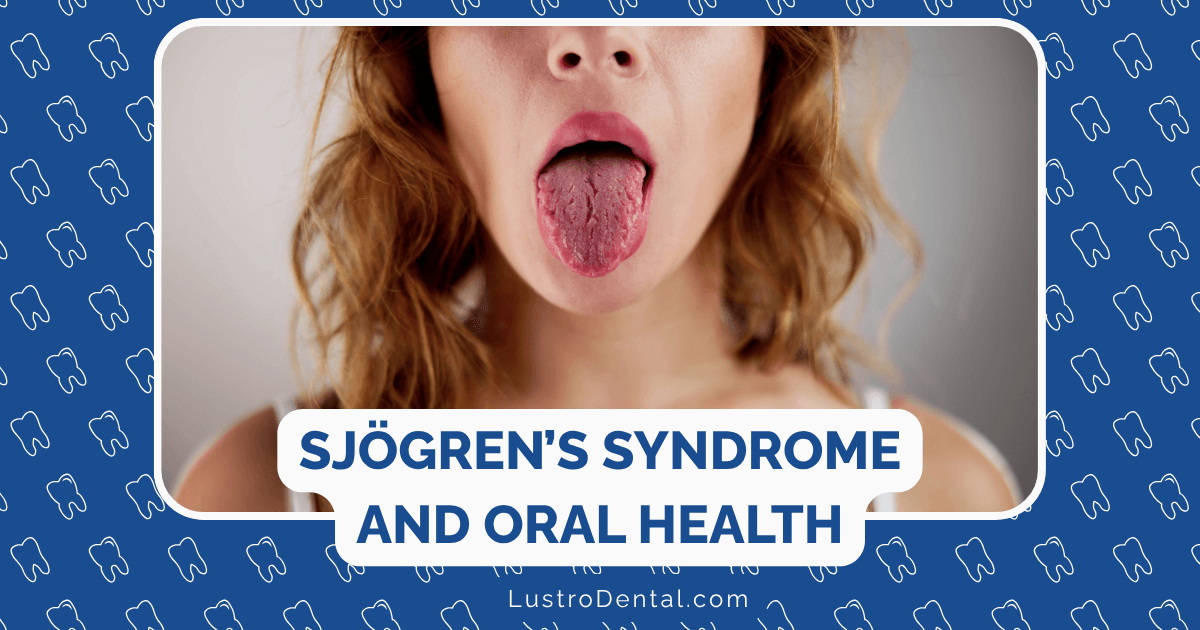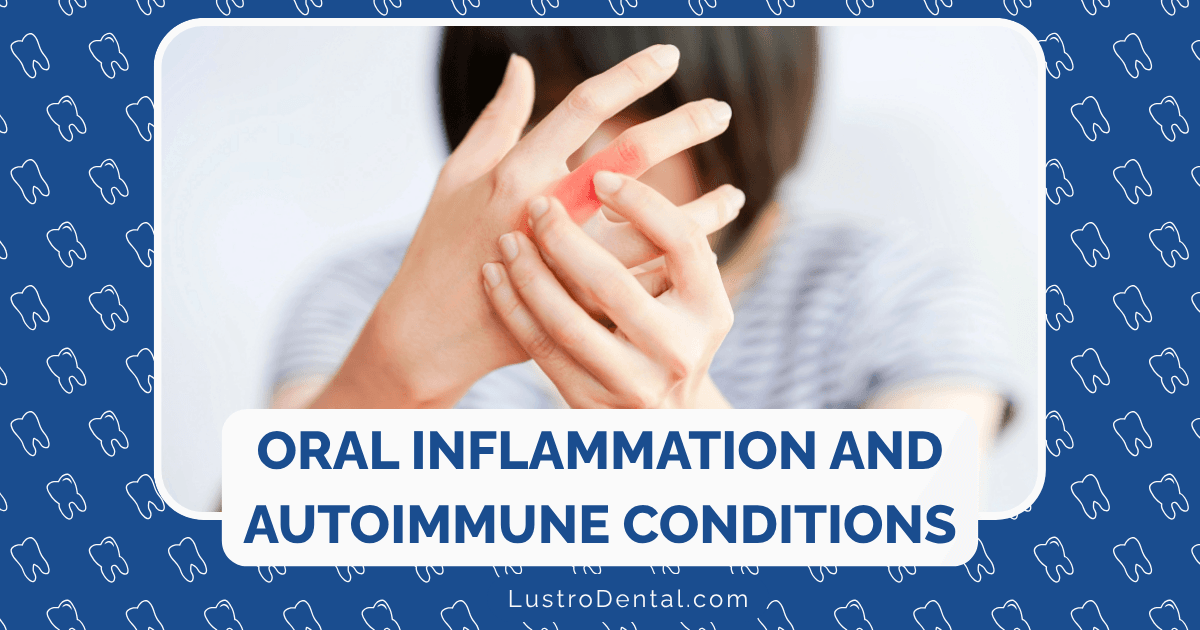That Metallic Taste in Your Mouth: What It Means and When to Be Concerned
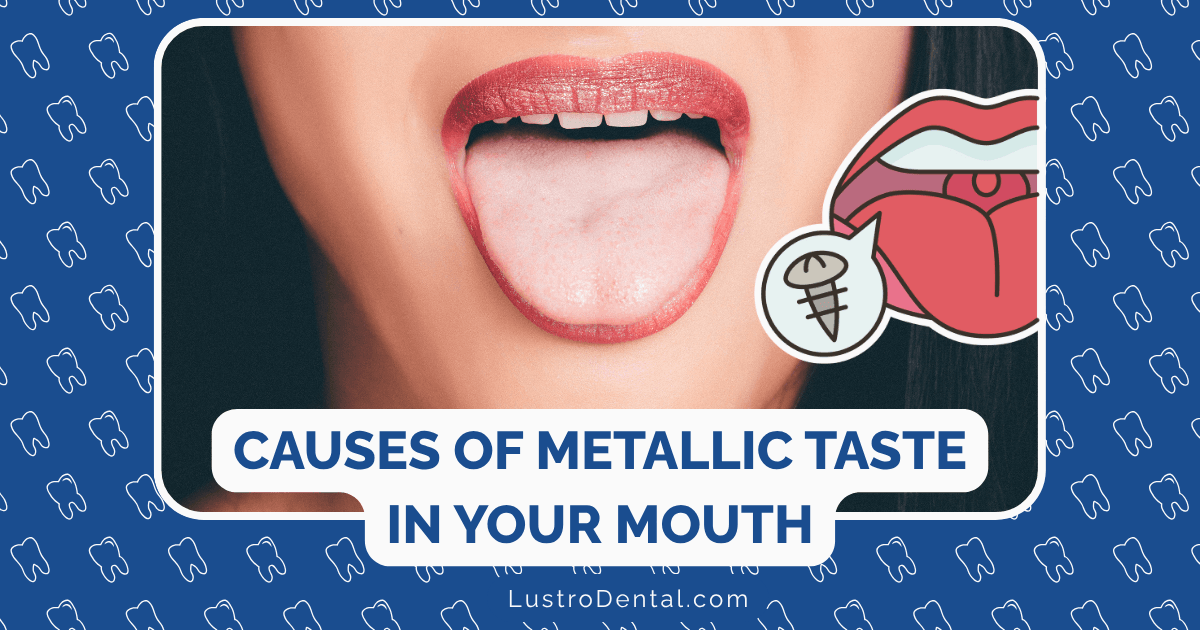
Have you ever experienced that strange, penny-like taste in your mouth that seems to appear out of nowhere? That metallic sensation can be both unpleasant and concerning, affecting everything from your morning coffee to your favorite meals. Known medically as dysgeusia, a metallic taste in the mouth is a relatively common issue that affects many people at some point in their lives.
While often temporary and harmless, this peculiar taste can sometimes signal underlying health conditions that deserve attention. In this comprehensive guide, we’ll explore the various causes of metallic taste, effective remedies to address it, and importantly, when you should consult a healthcare professional about this symptom.
Understanding Metallic Taste: What’s Actually Happening
When you experience a metallic taste, your taste perception system is being affected in specific ways. Understanding the science behind this phenomenon helps explain why so many different factors can cause this same distinctive sensation.
The Science of Taste
Your ability to taste involves a complex interplay of:
- Taste buds: Specialized receptors on your tongue, soft palate, and throat
- Olfactory system: Your sense of smell, which significantly influences taste perception
- Cranial nerves: Transmit taste and smell information to your brain
- Saliva: Dissolves food particles and carries them to taste receptors
Taste buds can detect five primary tastes: sweet, sour, salty, bitter, and umami (savory). A metallic taste is often described as a combination of bitter and sour sensations.
How Metallic Taste Occurs
A metallic taste can develop through several mechanisms:
- Actual metal ions in saliva: Sometimes, tiny amounts of metal from dental work, cookware, or other sources dissolve in saliva
- Altered taste perception: Damage or changes to taste buds or the nerves that transmit taste information
- Chemical changes in saliva: Shifts in saliva composition that affect how taste receptors function
- Retronasal olfaction: Smelling certain compounds through the back of your nose, which your brain interprets as taste
According to research published in the Journal of Dental Research, even minute changes in your oral environment can trigger significant alterations in taste perception, including the development of metallic taste.
Common Causes: Why You’re Tasting Metal
Metallic taste can stem from numerous sources, ranging from simple everyday factors to more complex health issues.
Oral Health Factors
Poor Oral Hygiene
- Plaque buildup: Accumulation of bacteria can alter taste perception
- Gingivitis and periodontitis: Gum inflammation releases compounds that can taste metallic
- Dry mouth (xerostomia): Reduced saliva flow concentrates compounds that affect taste
Dental Issues
- Metal dental work: Fillings, crowns, or braces can release tiny amounts of metal ions
- Galvanic current: When different metals in dental work interact with saliva, creating a battery-like effect
- Recent dental procedures: Temporary taste changes following extractions or other dental work
Lifestyle and Environmental Factors
Dietary Influences
- Certain foods and supplements: Pine nuts, zinc supplements, and iron-rich foods
- Food additives: Some preservatives can trigger metallic taste in sensitive individuals
- Vitamin overdose: Excessive amounts of vitamins, particularly zinc, copper, chromium, or vitamin D
Environmental Exposures
- Occupational exposure: Working with metals or chemicals without proper protection
- Household products: Some cleaning agents, pesticides, or industrial chemicals
- Metal cookware: Particularly when cooking acidic foods in certain metal pans
Temporary Life Changes
- Pregnancy: Especially during the first trimester due to hormonal fluctuations
- Stress and anxiety: Can alter saliva composition and taste perception
- Dehydration: Concentrated saliva can intensify taste abnormalities
Understanding these common causes can help you identify potential sources of your metallic taste and take appropriate steps to address them.
Medical Conditions That May Cause Metallic Taste
While often benign, a persistent metallic taste can sometimes indicate underlying health conditions that require attention.
Infections and Inflammatory Conditions
- Upper respiratory infections: Common colds, sinusitis, or COVID-19
- Oral infections: Tooth abscesses or oral thrush (candidiasis)
- Middle ear infections: Can affect the chorda tympani nerve, which carries taste information
Nutritional Deficiencies
- Vitamin B12 deficiency: Affects nerve function, including taste nerves
- Zinc deficiency: Critical for proper taste function
- Iron deficiency anemia: Can cause inflammation of the tongue and taste alterations
Digestive System Disorders
- Acid reflux (GERD): Stomach acid reaching the mouth can create a sour, metallic taste
- Liver or kidney disease: Affects the body’s ability to filter toxins, which can alter taste
- Sjögren’s syndrome: Autoimmune disorder that reduces saliva production
Neurological Conditions
- Bell’s palsy: Facial nerve paralysis that can affect taste perception
- Multiple sclerosis: Can damage nerves involved in taste
- Alzheimer’s and Parkinson’s diseases: Often associated with taste disturbances
Other Systemic Conditions
- Diabetes: Metabolic changes and dry mouth can affect taste
- Hypothyroidism: Slowed metabolism can alter taste perception
- Cancer: Both the disease itself and treatments can cause taste changes
According to the American Academy of Otolaryngology-Head and Neck Surgery, approximately 200,000 Americans visit a doctor each year for taste disorders, including metallic taste, with many cases linked to these underlying medical conditions.
Medications and Treatments That Affect Taste
Many medications can cause taste disturbances as a side effect, with metallic taste being particularly common.
Common Medication Culprits
Antibiotics
- Metronidazole (Flagyl): Particularly known for causing metallic taste
- Clarithromycin (Biaxin): Can affect taste during treatment
- Tetracyclines: May cause taste alterations in some patients
Cardiovascular Medications
- ACE inhibitors: Such as lisinopril, captopril, and enalapril
- Statins: Cholesterol-lowering medications
- Diuretics: Particularly those containing potassium
Other Prescription Medications
- Antidepressants: Especially SSRIs and tricyclic antidepressants
- Anticonvulsants: Used to treat seizures and nerve pain
- Antipsychotics: Can affect taste perception
- Parkinson’s disease medications: Including levodopa
Medical Treatments
- Chemotherapy: Well-known for causing taste changes, including metallic taste
- Radiation therapy: Particularly when targeting the head and neck region
- Stem cell transplantation: Can cause temporary taste alterations
Over-the-Counter Products
- Multivitamins with metals: Iron, copper, zinc, or chromium supplements
- Cold remedies: Some ingredients in cough syrups and lozenges
- Prenatal vitamins: Often contain higher levels of metals like iron
If you’re experiencing a metallic taste and take any of these medications, consult with your healthcare provider before making any changes to your medication regimen. Often, adjustments to dosage or switching to alternative medications can help resolve the issue.
The Oral Microbiome Connection
Recent scientific research has revealed an often-overlooked factor in taste disturbances: the oral microbiome—the community of microorganisms living in your mouth.
Understanding the Oral Microbiome
Your mouth naturally contains hundreds of species of bacteria, fungi, and other microorganisms living in a complex ecosystem. In a healthy mouth, these microbes exist in a balanced relationship with each other and with your body.
- A typical healthy mouth contains 500-700 different microbial species
- These microorganisms form structured communities called biofilms
- Some species are beneficial, some are potentially harmful, and many are neutral
- The composition varies between individuals and can change over time
How Microbiome Imbalance Affects Taste
When the delicate balance of your oral microbiome is disrupted (a condition called dysbiosis), several mechanisms can lead to a metallic taste:
- Production of volatile compounds: Certain bacteria produce sulfur compounds and other metabolites that can have metallic or bitter tastes
- Inflammation response: Dysbiosis can trigger low-grade inflammation that alters taste perception
- Biofilm formation: Thick bacterial biofilms can physically block taste receptors
- Altered saliva composition: Microbiome changes affect enzymes and proteins in saliva that influence taste
Research published in the Journal of Clinical Periodontology has found significant differences in the oral microbiome composition of people experiencing taste disturbances compared to those with normal taste perception.
Factors That Disrupt the Oral Microbiome
Several common factors can disturb your oral microbiome balance:
- Antibiotics: Kill beneficial bacteria along with harmful ones
- Alcohol-based mouthwashes: Disrupt the natural bacterial balance
- Dry mouth: Reduces the protective and regulatory effects of saliva
- Poor diet: High sugar consumption favors harmful bacterial species
- Stress: Affects immune function and saliva composition
Supporting Your Oral Microbiome
Restoring and maintaining a healthy oral microbiome can help address metallic taste issues and prevent their recurrence.
ProDentim: Oral Probiotics for Microbiome Balance
ProDentim represents an innovative approach to oral health through microbiome support. Each tablet contains 3.5 billion CFUs (colony-forming units) of beneficial bacteria specifically selected for oral health:
- Lactobacillus paracasei: Helps maintain a balanced oral environment
- Lactobacillus reuteri: Produces compounds that inhibit harmful bacteria
- Bifidobacterium lactis BL-04: Supports immune function in the oral cavity
The formula also includes supporting ingredients like inulin (a prebiotic that feeds beneficial bacteria) and peppermint (for fresh breath and flavor enhancement).
Many users of ProDentim report improvements in taste disturbances, including reduction of metallic taste. By supporting a balanced oral microbiome, ProDentim helps create an environment where taste receptors can function optimally.
Other Microbiome Support Strategies
- Limit antimicrobial mouthwashes: Use only when recommended by your dental professional
- Stay hydrated: Adequate saliva flow supports microbiome health
- Consider a balanced diet: Includes diverse plant foods that support beneficial bacteria
- Manage stress: High stress levels can negatively impact your oral microbiome
By addressing the often-overlooked oral microbiome component, you may find more complete and lasting relief from metallic taste issues.
Effective Remedies and Solutions
Whether your metallic taste is temporary or persistent, several strategies can help alleviate this unpleasant sensation.
Immediate Relief Strategies
Oral Hygiene Enhancements
- Thorough brushing and flossing: Removes bacteria that may contribute to taste disturbances
- Tongue cleaning: Gently scrape the tongue surface to remove bacteria and debris
- Alcohol-free mouthwash: Rinses without disrupting the beneficial oral microbiome
Dietary Adjustments
- Citrus fruits and juices: The acidity and strong flavor can temporarily mask metallic taste
- Mint and mint-flavored foods: Provide a cooling sensation that overrides metallic taste
- Spicy foods: Strong flavors from spices can help mask the metallic sensation
- Cold foods: Often perceived as less metallic than warm or hot foods
Palate Cleansers
- Baking soda rinse: Mix ½ teaspoon in 8 oz of water for a neutralizing rinse
- Salt water gargle: Helps reduce bacteria and can temporarily alter taste perception
- Sugar-free gum or mints: Stimulates saliva production and provides flavor to mask metallic taste
Targeted Solutions Based on Causes
For Medication-Related Metallic Taste
- Timing adjustments: Taking medications with meals may reduce taste effects
- Medication alternatives: Discuss with your healthcare provider if taste disturbance is severe
- Palate cleansing: Use the strategies above shortly after taking medications
For Dry Mouth-Related Issues
- Hydration: Drink plenty of water throughout the day
- Saliva substitutes: Available over-the-counter as sprays or lozenges
- Humidifier: Adds moisture to the air, which can help with dry mouth at night
For Oral Health-Related Causes
- Professional dental cleaning: Removes buildup that may contribute to taste issues
- Treatment of gum disease: Addressing gingivitis or periodontitis
- Evaluation of dental work: Replacing problematic metal fillings or adjusting appliances
Long-Term Approaches
Nutritional Support
- Zinc supplementation: If deficient, under medical supervision
- B vitamin complex: Particularly B12, which supports nerve function
- Adequate hydration: Maintains proper saliva production and quality
Oral Microbiome Support
- Daily ProDentim: Supports beneficial bacteria that contribute to taste function
- Prebiotic foods: Feed beneficial bacteria (fruits, vegetables, whole grains)
- Limited sugar consumption: Reduces food sources for harmful bacteria
Lifestyle Modifications
- Smoking cessation: Smoking significantly affects taste perception
- Alcohol moderation: Excessive alcohol can disrupt the oral microbiome
- Stress management: Chronic stress affects saliva composition and taste
According to research published in the Journal of the American Dental Association, a multi-faceted approach addressing both symptoms and underlying causes provides the most effective relief from taste disturbances.
When to See a Doctor: Red Flags
While many cases of metallic taste resolve on their own or with simple remedies, certain situations warrant professional medical attention.
Warning Signs That Require Medical Evaluation
- Sudden onset of severe taste disturbance: Particularly when accompanied by other neurological symptoms
- Persistent metallic taste: Lasting more than two weeks without improvement
- Accompanying symptoms: Such as numbness, weakness, vision changes, or severe headaches
- Progressive worsening: Taste disturbance that becomes increasingly severe
- Associated weight loss: Unintentional weight loss due to appetite changes from taste disturbances
- Severe dry mouth: Extreme lack of saliva that doesn’t improve with hydration
What to Expect at Your Appointment
When you see a healthcare professional about metallic taste, they may:
- Review your medical history: Including medications, recent illnesses, and existing conditions
- Perform a physical examination: Focusing on your mouth, head, and neck
- Order laboratory tests: Such as blood tests to check for nutritional deficiencies, diabetes, or kidney function
- Refer to specialists: Such as an otolaryngologist (ear, nose, and throat doctor) or neurologist
- Recommend imaging: In some cases, MRI or CT scans may be needed to rule out certain conditions
Questions to Prepare For
Be ready to answer these common questions from your healthcare provider:
- When did you first notice the metallic taste?
- Is it constant or does it come and go?
- Have you started any new medications recently?
- Have you had any recent dental work?
- Are you experiencing any other symptoms?
- Have you noticed any changes in your sense of smell?
- What makes the taste better or worse?
Providing detailed answers to these questions can help your healthcare provider determine the cause of your metallic taste and recommend appropriate treatment.
Prevention Strategies
For those who have experienced metallic taste or want to avoid it in the future, several preventive measures can help maintain normal taste function.
Daily Oral Care Excellence
- Consistent hygiene routine: Brush twice daily and floss once daily
- Regular dental check-ups: Professional cleaning and examination every six months
- Tongue cleaning: Include gentle tongue cleaning in your daily routine
- Microbiome support: Daily use of ProDentim to maintain a balanced oral environment
Dietary and Hydration Habits
- Adequate water intake: Aim for 8-10 glasses daily to support saliva production
- Balanced nutrition: Include a variety of foods to ensure adequate vitamins and minerals
- Limited sugar consumption: Reduce foods and beverages high in added sugars
- Moderate acidic foods: Limit highly acidic foods and beverages that can alter taste
Environmental Awareness
- Proper protection: Use masks and ventilation when working with chemicals or metals
- Food storage considerations: Avoid storing acidic foods in metal containers
- Cookware choices: Consider using non-metallic cookware for acidic foods
- Water quality: Use filtered water if your tap water has a metallic taste
Lifestyle Choices
- Tobacco avoidance: Quit smoking and avoid tobacco products
- Alcohol moderation: Limit alcohol consumption
- Stress management: Practice stress reduction techniques like meditation or yoga
- Adequate sleep: Poor sleep can affect taste perception
By implementing these preventive strategies, you can reduce your risk of developing metallic taste issues and support your overall oral and systemic health.
Moving Forward: Creating Your Action Plan
If you’re experiencing a metallic taste, a systematic approach can help you address the issue effectively.
Step 1: Assess Your Situation
Start by evaluating these key factors:
- Duration: How long have you experienced the metallic taste?
- Pattern: Is it constant or intermittent?
- Triggers: Does anything make it better or worse?
- Associated symptoms: Are you experiencing any other symptoms?
- Recent changes: New medications, dental work, or health conditions?
Step 2: Implement Immediate Relief Strategies
While identifying the underlying cause, try these approaches for symptom relief:
- Enhanced oral hygiene: Thorough brushing, flossing, and tongue cleaning
- Palate cleansers: Citrus, mint, or baking soda rinses
- Hydration: Increase water intake throughout the day
- Flavor enhancers: Sugar-free gum, mints, or strongly flavored foods
Step 3: Address Potential Underlying Causes
Based on your assessment, consider these targeted approaches:
- Medication review: Consult with your healthcare provider about alternatives
- Dental evaluation: Schedule a check-up to address potential oral health issues
- Nutritional assessment: Consider testing for deficiencies if appropriate
- Microbiome support: Begin daily ProDentim to restore oral microbiome balance
Step 4: Seek Professional Help When Needed
Don’t hesitate to consult healthcare professionals if:
- Your symptoms persist beyond two weeks
- You experience severe or worsening symptoms
- You have concerning associated symptoms
- Your quality of life is significantly affected
Step 5: Develop a Prevention Plan
Once your immediate issue is resolved, focus on preventing recurrence:
- Maintain excellent oral hygiene: Consistent brushing, flossing, and professional care
- Continue microbiome support: Daily ProDentim to maintain balance
- Stay hydrated: Adequate water intake throughout the day
- Regular health monitoring: Address emerging issues before they become severe
By following this structured approach, you can effectively address metallic taste issues while supporting your long-term oral and overall health.
Conclusion: Finding Balance for Better Taste
A metallic taste in your mouth, while unpleasant, often serves as an important signal from your body that something needs attention. By understanding the potential causes, implementing appropriate remedies, and knowing when to seek professional help, you can address this issue effectively and restore your normal taste function.
Remember that taste disturbances rarely exist in isolation—they’re often connected to broader aspects of health, including your oral microbiome, nutritional status, medication regimen, and overall wellbeing. Taking a holistic approach that includes supporting your oral microbiome with products like ProDentim can provide more comprehensive and lasting results than simply masking symptoms.
Whether your metallic taste is a temporary inconvenience or a sign of an underlying condition, the strategies outlined in this guide can help you navigate this challenge with confidence and return to enjoying the full spectrum of flavors that make eating and drinking pleasurable experiences.
Have you experienced metallic taste? What remedies worked best for you? Share your experience in the comments below to help others navigating similar issues.


